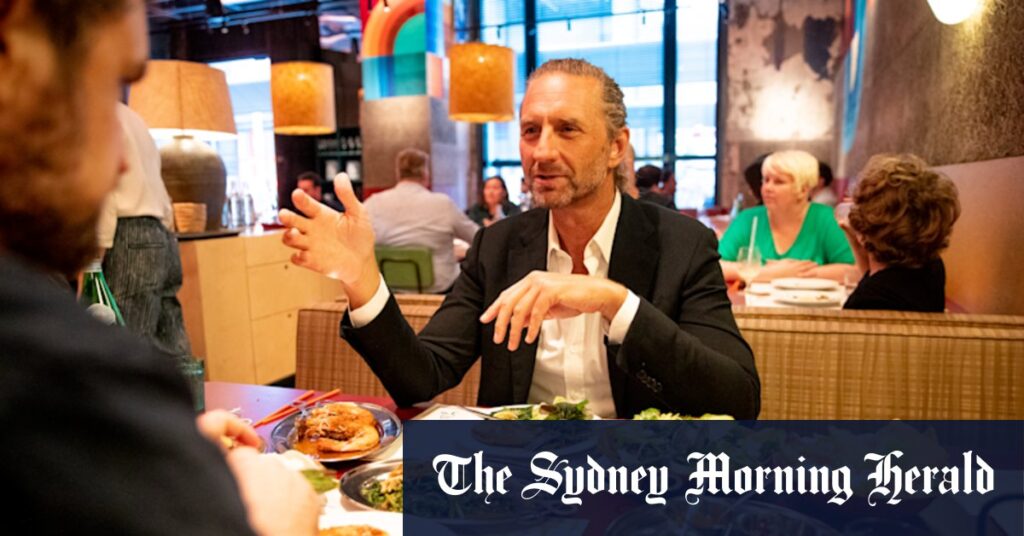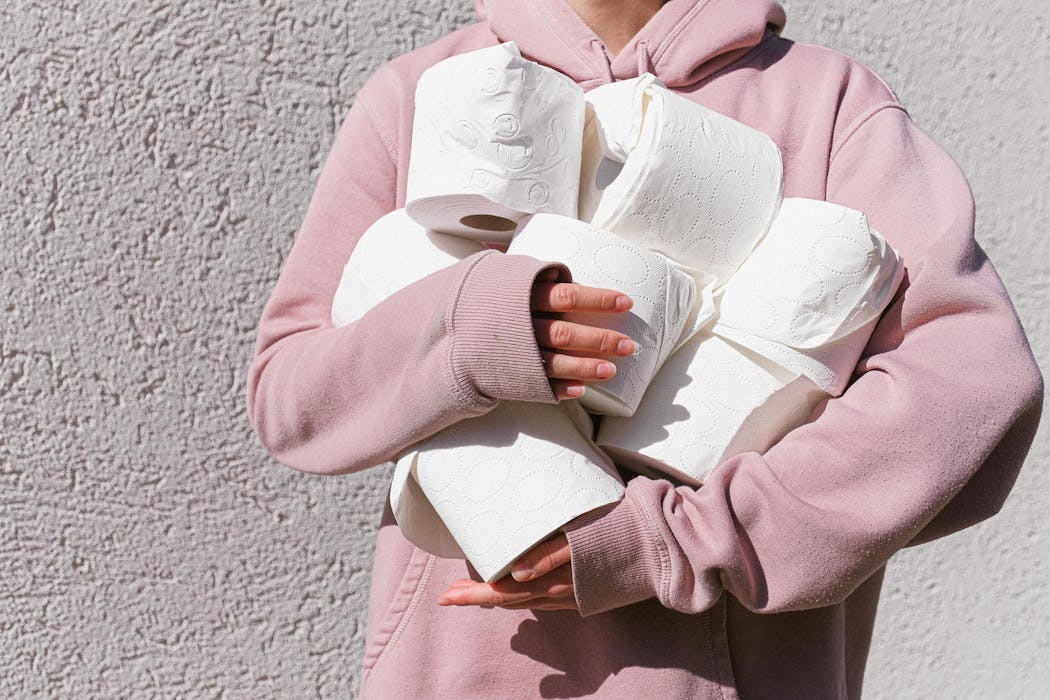
Merivale, Australia’s largest hospitality company, has been excluded from the prestigious Good Food Guide following serious allegations of worker exploitation, prioritizing VIP treatment over staff safety, and ignoring claims of sexual harassment. This decision comes after investigations by this masthead, Good Food, and 60 Minutes, which revealed troubling practices within the multibillion-dollar empire.
Sarah Norris, head of Good Food, announced that Merivale venues, including Totti’s, Mr. Wong, Mimi’s, and Uccello, have been deemed ineligible for the upcoming edition of the Good Food Guide. Norris stated, “Allegations against the billion-dollar company, which operates about 90 venues across NSW and Victoria, include, but are not limited to, putting staff in dangerous situations; not protecting the wellbeing of its staff; prioritizing VIP treatment over staff safety, and abuse of power.”
Investigation Unveils Troubling Allegations
The investigation highlighted claims that Merivale underpaid staff, exploited women, encouraged inappropriate relationships with customers, and facilitated frequent drug use. Norris emphasized that the goal of the Guide is to inform readers, not dictate their dining choices. “In 2025, for a business and its owner to be awarded a Good Food Guide hat and score, that discretion has broadened to exclude restaurants where there are serious and credible allegations that management is not providing a workspace – for all staff – free from harm and sexual harassment,” she added.
Merivale, owned by billionaire Justin Hemmes, has denied the allegations. In a statement, the company asserted its pride in delivering impressive venues and the dedication of its thousands of staff. “We do not require the validation of the Good Food Guide to continue to do so and thrive,” the company stated.
Merivale’s Response and Legal Challenges
Merivale has accused this masthead and Good Food of making vexatious assertions, claiming that an investigation by Kate Eastman, SC, found these allegations unsubstantiated. However, the company has not publicly released the Eastman report, citing legal professional privilege. In contrast, Merivale pointed out that Nine Entertainment, the publisher of Good Food, has faced its own issues with workplace misconduct, as revealed in an independent report last year.
Previously, Merivale had four restaurants with two hats in the guide, including Bert’s Bar & Brasserie, Fred’s, Mr. Wong, and Mimi’s, along with six establishments with one hat. The company is also under investigation by the Fair Work Ombudsman, with claims from former chefs like Rodrigo Zavaleta and Rodrigo Santos alleging overwork, underpayment, and racial discrimination.
Historical Context and Legal Settlements
In November, Merivale agreed to a $19.25 million settlement with over 2800 current and former staff who alleged underpayment under an invalid employee enterprise agreement. This settlement resolved a five-year class action lawsuit initiated by Adero Law in 2019, which claimed Merivale underpaid up to 14,000 staff by as much as $129 million over six years. Despite the settlement, Merivale did not admit any wrongdoing.
Furthermore, recent revelations suggest that Merivale may still be requiring staff to work unpaid hours as part of a company-wide policy from July 2024, threatening to “pull lists of staff members” not meeting these expectations.
Implications and Future Outlook
The exclusion of Merivale from the Good Food Guide marks a significant moment in Australia’s hospitality industry, highlighting the growing importance of ethical practices in business evaluations. As the Fair Work Ombudsman continues its investigation, the outcome could have lasting implications for Merivale and potentially set a precedent for other hospitality businesses.
As the hospitality sector grapples with these revelations, the focus on workplace safety, fair treatment, and ethical management practices will likely intensify. This case underscores the importance of transparency and accountability in maintaining a reputable and sustainable business model.






